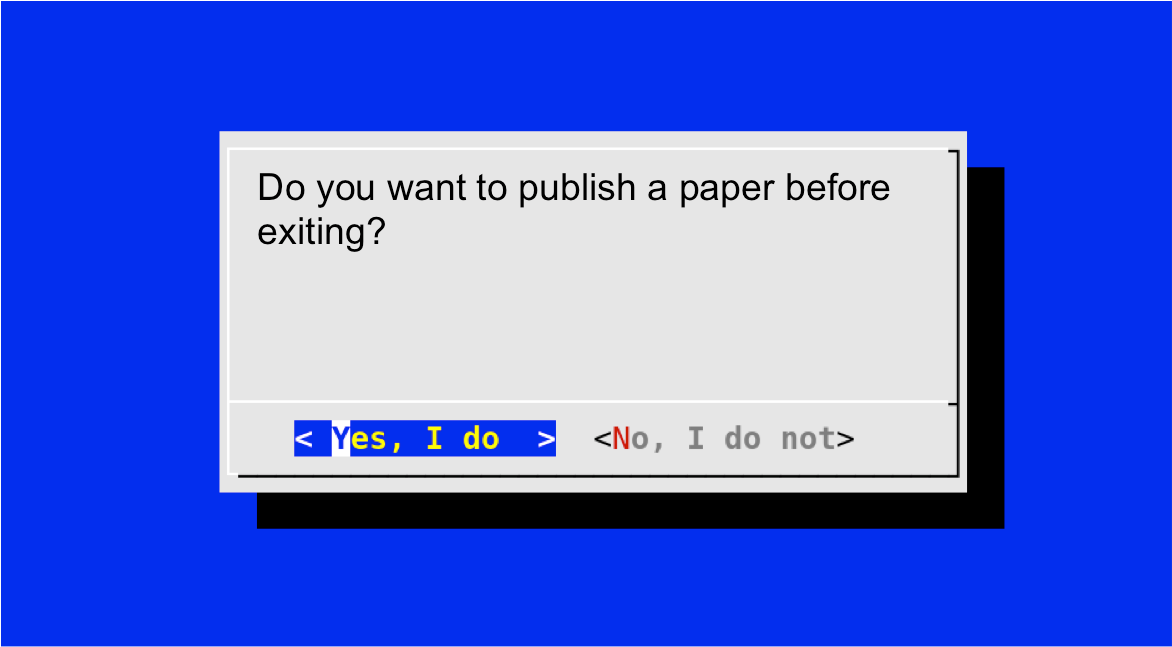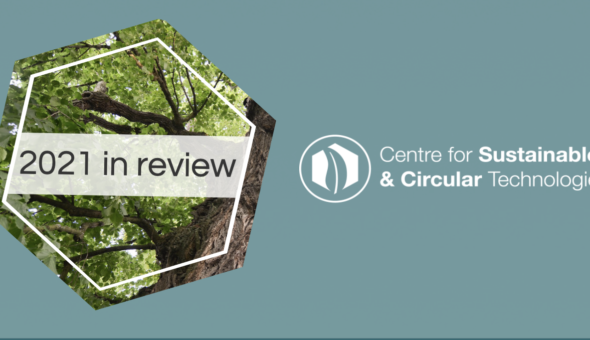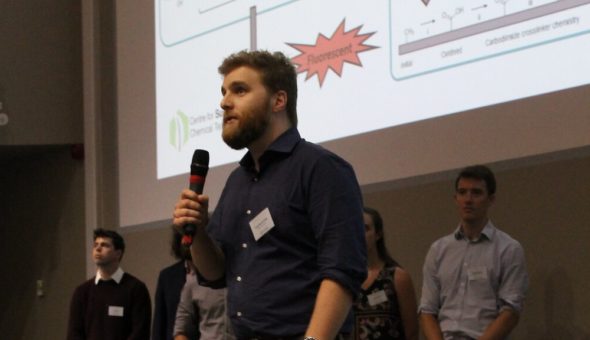In this first of our series of Secret Life Blogs, you will get an insight into the life of an anonymous Computational Scientist at the CSCT.
 In the depths of every chemistry department lies a lab unlike any other. No fume hoods, no questionable stains, a considerable lack of COSHH forms and any glassware contains a drinkable liquid. This lab belongs to the elusive computational chemists. Obviously, computational chemistry is rather different to the “traditional chemistry” we all dreamed of, but why do these strange individuals choose to live out their PhD lives staring at virtual atoms and molecules on their monitors? Here are some questions that you didn’t ask, answered anyway.
In the depths of every chemistry department lies a lab unlike any other. No fume hoods, no questionable stains, a considerable lack of COSHH forms and any glassware contains a drinkable liquid. This lab belongs to the elusive computational chemists. Obviously, computational chemistry is rather different to the “traditional chemistry” we all dreamed of, but why do these strange individuals choose to live out their PhD lives staring at virtual atoms and molecules on their monitors? Here are some questions that you didn’t ask, answered anyway.
What do you actually do?
In a nutshell: Use powerful computers to (approximately) solve complex equations. The solutions to these equations shed light on the microscopic structure and origins of the macroscopic properties of chemical systems and materials. These days, computational chemistry is not so much a subsection of chemistry, but an exciting area where chemistry, quantum mechanics, physics, materials engineering, materials science and other disciplines all meet.
But I hate maths and physics, so I should avoid a computational project at all costs, right?
Well first things first, as scientists, there is no such thing as being bad at maths. Come on guys, let's just admit, we’re pretty decent at maths (clap yourself on the back). For computational modelling, it’s good to have an interest in maths as well as the “physics-y” end of the chemistry spectrum, for sure, but this should by no means is a deal breaker. Fortunately, there are a plethora of handy programs that can do all of the complicated mathematical legwork for you.
So you just put a couple of numbers in and press go!? Sounds like the dream!
Woah now, let’s nip this one in the bud. If there’s one thing we know about computers it’s that if you put rubbish in, you get rubbish out (or in other words, Computer says no). This is as true for simple addition on a pocket calculator as it is for a density functional theory code run on a national High Performance Computer. With so many variables that can influence the outcome of some of these simulations, getting sensible and meaningful numbers out of your calculations often requires a lot of experimenting. It is not as simple as ticking some boxes, pressing go, watching alternate videos about dancing cats and how to make hummus until the calculation has run and then pressing “publish paper”.
Hang on, so do you have to know how all the programs work or not?
You don’t need to read and understand all the code that makes up all the programs that you use. That would just be… mental. You can think of the programs, which contain all the whizzy physics and maths, as a car that you are using to traverse the terrain that is the structure landscape of your model system or material: You don’t have to know exactly how every part of the engine works or how the whole thing is bolted together to have a fruitful drive. Having said that, you do need to know how to drive it, where the fuel goes, how to check the oil and any post-docs in your office would probably really appreciate it if you knew how to change a wheel on your own.
Be honest… were you just a liability in the lab?
I was absolutely marvellous in the lab, thanks for asking. But in my experience, sometimes working in a lab was not all is cracked up to be (gasps echo through the corridors of chemistry). Granted, there’s definitely something really cool and highly satisfying about lab work: You start with one set of things, and by coaxing the atoms to do what you want, you finish with something different. However labs can also be maddeningly frustrating places in which your precious compound spills, the solvents run out and the glassware breaks. Believe it or not, that same sense of satisfaction that tickles the geek bone can be achieved within the realms of computational chemistry (no lab coat and goggles necessary!). Being able to shed light on mysterious or unexplained experimental data or tackle questions that you simply could not approach experimentally is a good enough justification for me to undertake a computational project.
None of your chemicals are real though. You know that, right?
Yes, thanks for that. Hopefully no amount of project-induced stress will cause me to start believing otherwise. But enjoy carrying out risk assessments for all of yours.
What’s the point then?
Have you ever checked the weather forecast? I bet you have. Simulations can be really, really useful! Over the past decade or so, computers have become incredibly powerful, which means even more accurate simulations are possible- they even get the weather right most of the time now. It’s the same with computational chemistry: many real-life, experimentally measurable material and chemical properties can be predicted by various methods incredibly accurately. This has immense applications for designing new materials as it gives a good indication as to what to try synthesising and fabricating first. The key, as with any methodology, is to know the limitations of each and which should be applied to what.
What do you like most about computational chemistry?
There is something really cool about moving individual atoms and molecules about in a material and getting results out that show how that has affected tangible, macroscopic properties. It’s also a big bonus to gain extremely transferrable skills along the way, like learning a programming language or two. You’ll soon find yourself writing loads of little programs to make all sorts of tasks so much easier or less repetitive. Also, no washing up.
What are the snags?
In this line of work, often what you’re waiting for is the program to predict the lowest energy configuration of the system, which represents its most stable state or ground state. Sometimes this takes ages and quite often the systems just don’t converge at all and you need to rethink your approach and start all over again. You also don’t get to wear a lab coat..…well, not legitimately.
Would you recommend it to a friend?
My advice would be to absolutely give it a whirl or to seriously consider doing so. Dismiss any notions that you’re “not good at maths” or you’re “not good with computers” as the baseless lies that they are if that’s what’s stopping you and either way push the boundaries of your comfort zone. Yes, it probably will be quite a steep learning curve no matter what your background given the intrinsic interdisciplinary nature of the field, but since when was a steep learning curve a bad thing?
With that our anonymous computational chemist scurried back to their lab. So next time you bump into a computational chemist, don’t be afraid to stop and have a chat. They won’t speak in just 011101 and could have some great ideas how to add some computational chemistry to your work, and if not they’ll have a great hummus recipe for sure.
Responses





Nice post! But why is it a Secret?
Hey Nataliya, this is our first blog post in our new series “The Secret life of…”, we’re hoping to reveal the different areas of the CSCT that not everyone is familiar with. The author of this one assures others that the computational side of science is not as daunting as it seems. Also, we thought keeping it anonymous would make it a bit more fun. We’re glad you liked the post, hopefully we will have a new one out soon!